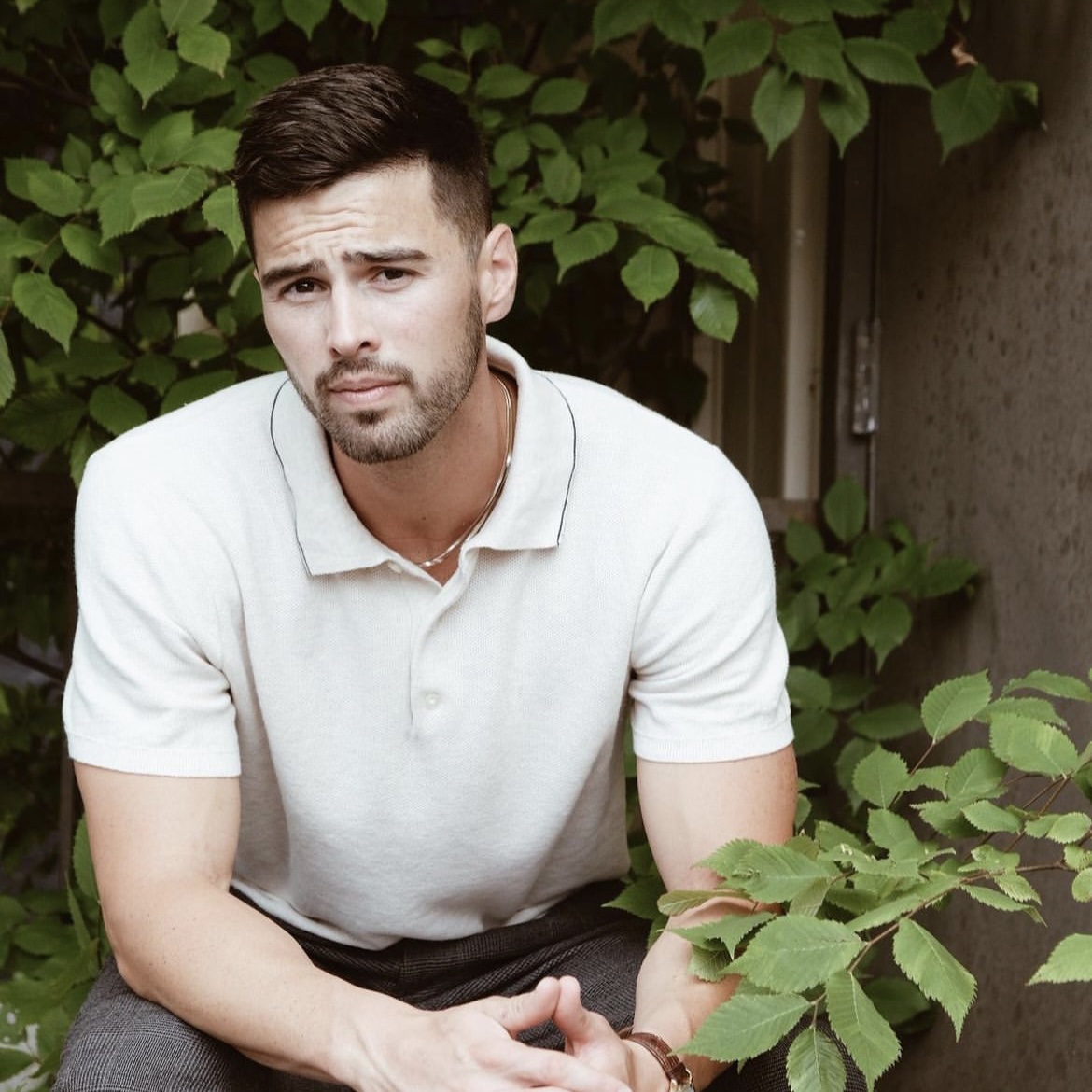We wish to acknowledge the Ngandowal and Minyungbal speaking people of the Bundjalung Country, in particular the Goodjinburra, Tul-gi-gin and Moorung – Moobah clans, as being the traditional owners and custodians of the land and waters within the Tweed Shire boundaries. We also acknowledge and respect the Tweed Aboriginal community’s right to speak for its Country and to care for its traditional Country in accordance with its lore, customs and traditions.
Above is Council’s official Acknowledgement of Country.
Cultural heritage
Aboriginal sites and locations within the Tweed Shire hold immense cultural significance, representing the enduring heritage of traditional custodians and their ancestral practices. These sites retain profound value in the present day.
Central to the identity of Tweed’s Aboriginal communities is language, known as Bundjalung in the Tweed and further south, Yugambeh in southeast Queensland, and Githabul in Kyogle Shire.
In the Tweed, the language dialect is Ngandowal, referring to those who use ‘Ngando’ for ‘who’ or ‘somebody.’ Meanwhile, the area encompassing the Tweed Coast and south to Byron is known as Minyungbal, where ‘Minyung’ signifies ‘what’ or ‘something’ and serves as an identifier for its people.
You can learn more about the rich cultural heritage of the Tweed region via our Museum.
View Aboriginal cultural heritage projects across the Tweed
Taking action on Reconciliation
We recognise and celebrate the rich heritage of Aboriginal and Torres Strait Islander peoples, and welcome their contributions to preserving, strengthening, and enriching the Tweed community and its identity.
We will continue to promote and advocate reconciliation initiatives, actions and events, with a focus on truth telling, cultural education and awareness.
Our Reconciliation Action Plan (RAP)
Our Innovate Reconciliation Action Plan (RAP) 2024 – 2026 reaffirms our respect and furthered understanding of Aboriginal and Torres Strait Islander peoples’ unique heritage, culture and connection to the region.
Events
National Reconciliation Week
National Reconciliation Week takes place annually from 27 May – 3 June. It’s a time for all Australians to acknowledge and learn more about our shared histories, cultures and achievements and to explore ways we can contribute to achieving Reconciliation locally and across the Country.
For more information visit Reconciliation Australia.
NAIDOC Week
NAIDOC Week is a celebration of Aboriginal and Torres Strait Islander cultures and an opportunity to recognise the contributions of First Nations people in various fields.
Activities take place across the nation during NAIDOC Week in the first full week of July. All Australians are encouraged to participate.
For more information visit the National NAIDOC Week.
To view a wider range of events across the Tweed, visit What’s On Tweed.
Cultural awareness at Council
Banaam Cultural Intelligence training
Banaam are a local organisation of leaders and innovators in Cultural Intelligence and use applications, based on Indigenous frameworks and cultural principles, to equip and empower individuals, teams and organisations.
We have integrated Banaam Cultural Intelligence workshops into all staff development to further help our teams understand the importance of local First Nations culture.
Committees
Our Community Development Officer – Aboriginal attends the following groups to support Aboriginal and Torres Strait Islander community development across the Tweed.
Tweed Goori Interagency
The Tweed Goori Interagency is a networking forum for community service organisations working with our local Aboriginal and Torres Strait Islander community.
These meetings help organisations share advice and support as well offer information on programs and initiatives by their respective organisations.
The networking forum meet every 8 weeks.
Wollumbin Consultative Group
Wollumbin, which includes the Mount Warning mountain complex, has been a sacred place of great significance to the people of Bundjalung and other Aboriginal groups since time immemorial. Wollumbin, along with other significant sites in its surrounds, provides a traditional place of cultural law, initiation and spiritual education.
NSW National Parks and Wildlife Service (Northern Rivers Region) work with representatives of the local Aboriginal community in the management of Wollumbin National Park and Wollumbin State Conservation Area.
The Wollumbin Consultative Group provides a formal opportunity for representatives of the Aboriginal community to have real and meaningful involvement in management of these reserves.
The Wollumbin Consultative Group makes recommendations to the Regional Manager on management plans for Wollumbin National Park and Wollumbin State Conservation Area. This includes any amendments to the current adopted Plan of Management for Mount Warning National Park.
The group also advises on education and interpretative policies, operational issues including work programs and co-management options.
The Wollumbin Consultative Group is governed by guidelines similar to a Memorandum of Understanding. Members include representatives from:
- Local Aboriginal Land Councils
- Bundjalung Elders Council and adjacent Native Title Claimants
- Family groups with a cultural interest in Wollumbin, Northern Rivers Region National Parks and Wildlife Service
- Cultural Heritage Division of Office of Environment and Heritage
Policies and strategies
Aboriginal Statement of Commitment
The Aboriginal Statement was developed in consultation with the Aboriginal Advisory Committee and was adopted 13 November 2007.
Reconciliation Action Plan
Council has developed a Reconciliation Action Plan (RAP)(PDF, 2MB) , the first ever developed between Tweed Shire Council and the Aboriginal Advisory Committee to Council.
The plan marks the first stage of commitments from Council to the Aboriginal community to:
- act in good faith
- recognise the significance of the Aboriginal communities’ long standing and special place in the Tweed
- continue the process to redress the wrongs of the past and those still being inflicted on Aboriginal people
- work with the community to treasure this ancient, long standing culture and Country.
Strategic documents
Council’s Community Development Officer – Aboriginal is working closely with the Aboriginal Advisory Committee to develop the following documents for consideration of Council:
- Issues Paper
- Aboriginal Employment Strategy
Related information
Source: tweed.nsw.gov.au

George Barham, an accomplished journalist and avid gambling enthusiast, serves as the esteemed Editor-in-Chief at fly-to-australia.com, Australia’s leading source for comprehensive gambling news and insights. With an unwavering passion for both the written word and the ever-evolving world of betting and gaming, George brings a wealth of knowledge and expertise to the helm of our editorial team.


